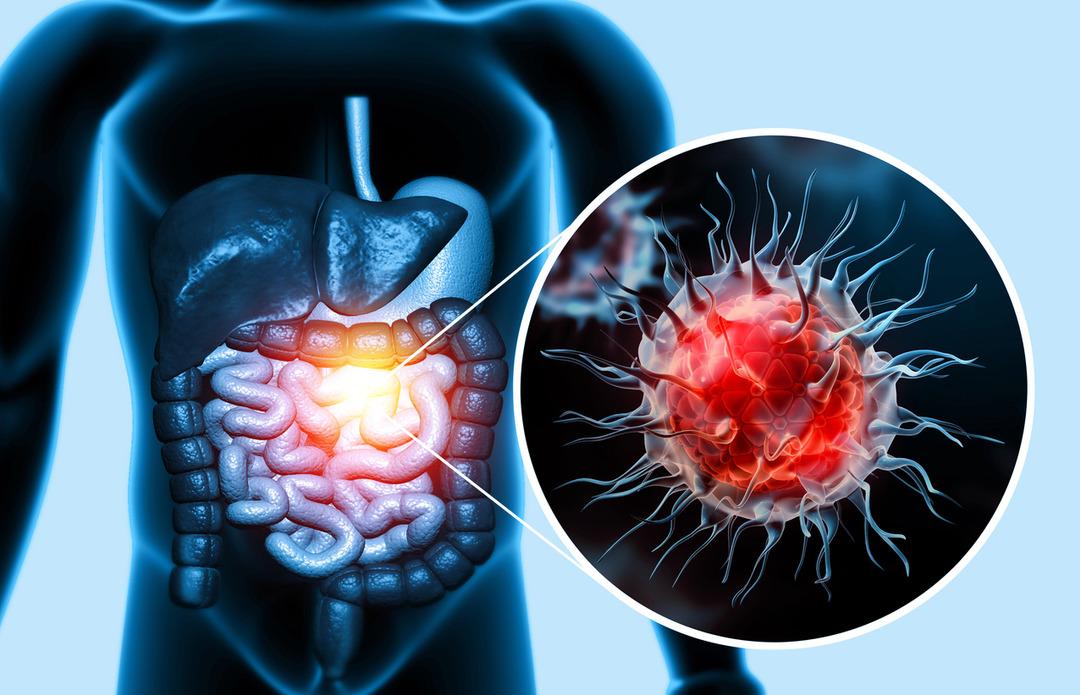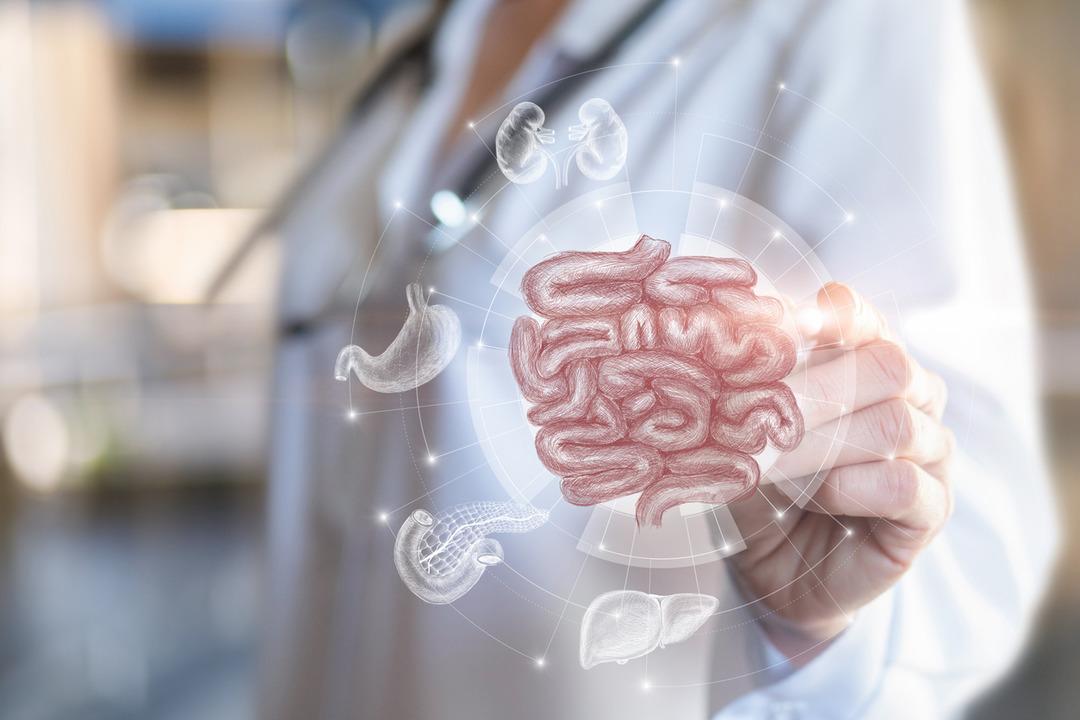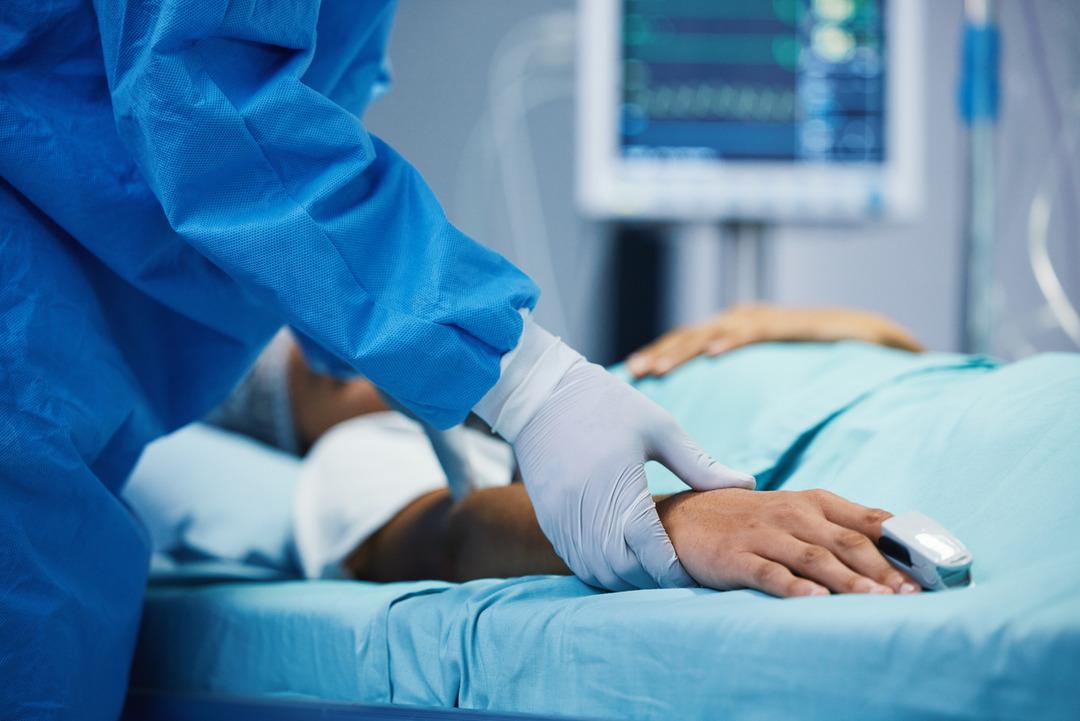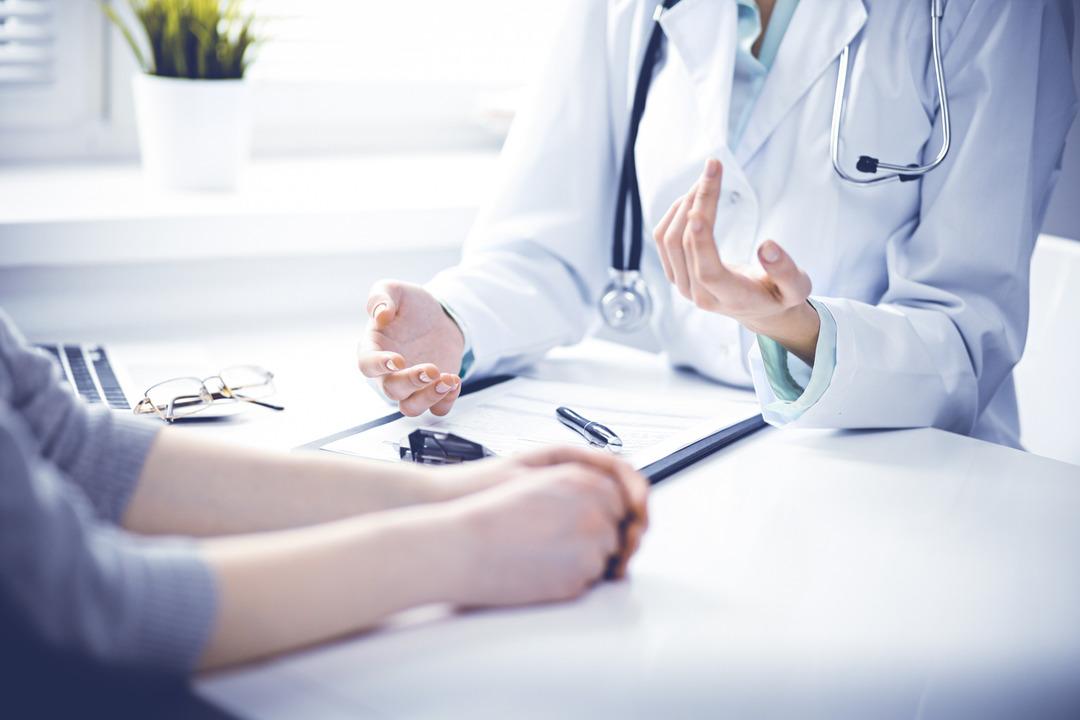Colon cancer, which is common worldwide, can be fatal if not diagnosed early. Symptoms of this type of cancer, which begins on the inner surface of the large intestine or rectum, vary from person to person, but may include constipation, diarrhea, abdominal pain, stomach cramps, bloody stools, weight loss and fatigue. So, what are the first important symptoms of large intestine (colon) cancer?
“CANCER IS THE SECOND MOST COMMON CAUSE OF DEATH”
Head of General Surgery Department of a private hospital, Prof. Dr. Alihan Gürkan stated that more than 1.9 million colon cancers will be diagnosed in 2022 and said, “Colon cancer is the second most common cause of cancer death and causes more than 900,000 deaths annually. It is especially important to start screening at an early age for genetically inherited and familial colon cancer.” “Colon cancer is a disease most commonly seen after the age of 60. Since there is a significant majority in this age group in our country, it has become one of the most common cancers.” he said.
BE CAREFUL IF YOU HAVE 1ST DEGREE RELATIVES

Stating that the most important factor in the development of colon cancer is colon polyps, Prof. Dr. Alihan Gürkan noted that cancer is also common in groups where polyps develop frequently, that these may be genetically inherited, have a familial tendency, and may be found naturally at older ages, and added: “Those whose first-degree relatives have colon cancer are at least twice as likely to be at risk as other individuals. If “If a person in his 40s has a history of colon cancer in one first-degree relative and more than one in his second-degree relatives, he should be seriously warned against the disease.” he said.
CONSTANT DIARRHEA OR CONSTIPATION MAY BE A SIGN

Pointing out that some symptoms of colon cancer should be known well, Prof. Dr. Alihan Gürkan underlined that the most important symptom is the change in defecation habits. Gürkan: “This may be in the form of long-term diarrhea or constipation or noticeable irregularity. Meaningless bleeding also indicates cancer. If a person experiences bleeding during defecation, he should definitely be examined by a specialist. In the later stages, intermittent, sometimes colicky abdominal pain, gas pains, etc. Various symptoms such as unknown weight loss, anemia, and feeling extremely tired may be observed. Diagnosing the disease before it progresses greatly increases the chance of survival. When such symptoms are observed, a healthcare provider should be consulted as soon as possible. he said.

Prof. Dr. Alihan Gürkan, risk factors for colon cancer are advanced age, history of colorectal cancer or polyps, inflammatory bowel diseases, hereditary conditions that increase the risk of colon cancer, family history of colon cancer, low fiber, high fat diet, not exercising regularly, diabetes, obesity, alcohol and smoking and radiation therapy for cancer.
THE MOST EFFECTIVE TREATMENT FOR COLON CANCER IS SURGERY

Professor said that removing the cancerous area in colon cancer in a way that does not leave any cancerous cells is the most effective treatment method. Dr. Alihan Gürkan noted that after surgical treatment, chemotherapy may be received depending on the stage of the disease, and radiotherapy support may be received if there is colon cancer located in the rectum. Underlining that people in risk groups should have a colonoscopy every 3-5 years at a young age, Gürkan said, “Also, it is recommended that everyone, even if they are not in the risk group, have this procedure after the age of 50. Polyps seen during colonoscopy are removed and the risk of cancer that may occur in the future is eliminated. For this reason, the risk “In groups below, colonoscopy can be both a diagnosis and a form of treatment,” he said.
WHAT SHOULD BE DONE TO REDUCE THE RISK?

Prof. Dr. Alihan Gürkan listed the changes that can be made in daily life to reduce the risk of colon cancer as follows: “Consuming various fruits, vegetables and whole grains; fruits, vegetables and whole grains contain vitamins, minerals, fiber and antioxidants that can help prevent cancer. Various vitamins and To ensure your nutritional intake, consume alcohol in moderation or not at all; if you choose to drink alcohol, limit the amount you drink to no more than one drink per day for women and two drinks per day for men. limit.
Quit smoking; Smoking is one of the main causes of cancer. Exercise at least 5 days a week; Try to exercise for at least 30 minutes. If you have been sedentary, start slowly and gradually increase to 30 minutes. Also, talk to a healthcare professional before starting an exercise program. Be at the ideal weight; If you are at a healthy weight, try to maintain your weight by combining a healthy diet with daily exercise. If you need to lose weight, get support from a nutrition and diet specialist. Aim to lose weight slowly by eating fewer calories and moving more.”
UAV
